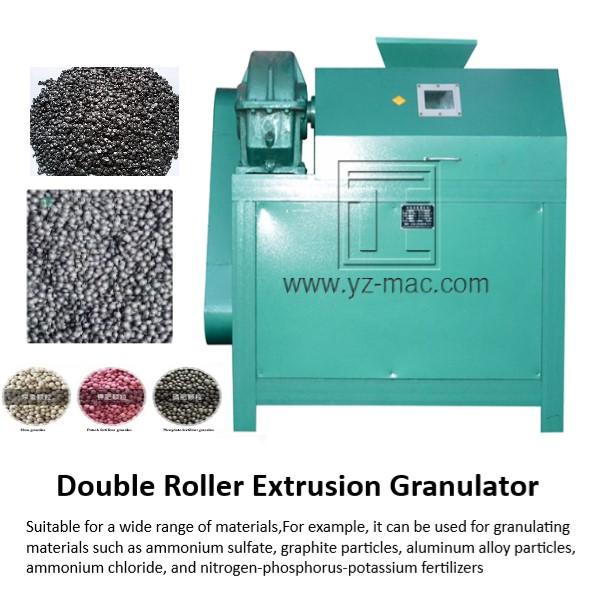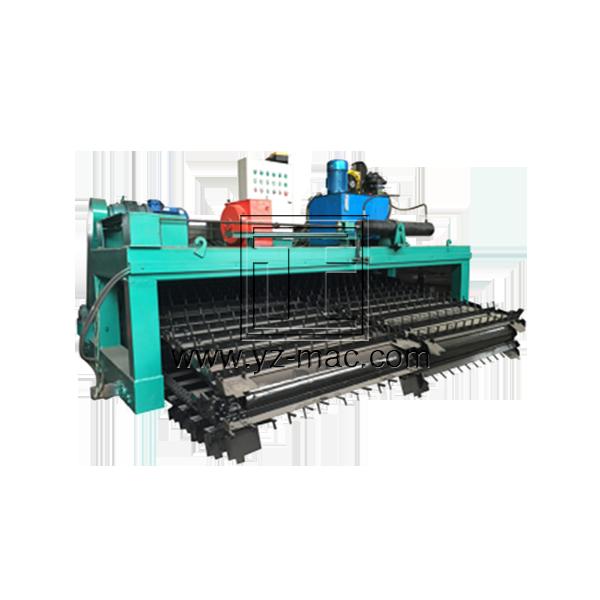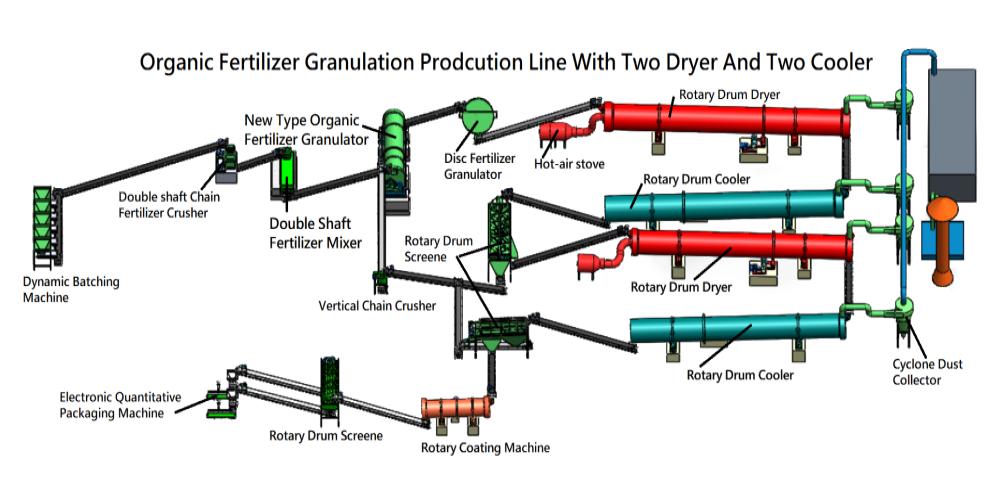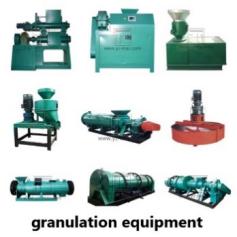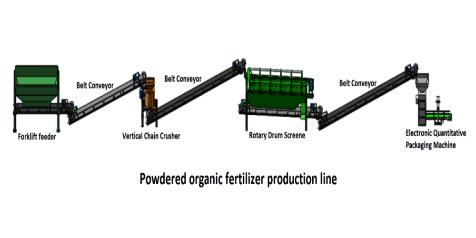Bio waste composting machine
A bio waste composting machine, also known as a bio waste composter or bio waste recycling machine, is specialized equipment designed to efficiently process and compost various types of organic waste materials. These machines are specifically designed to handle bio waste, such as food scraps, agricultural residues, green waste, and other biodegradable materials.
Efficient Waste Processing:
Bio waste composting machines are designed to efficiently process large volumes of bio waste. They incorporate mechanisms such as shredders, mixers, and turners to break down the waste materials into smaller pieces and promote uniform mixing. Efficient waste processing ensures faster decomposition and composting.
Controlled Composting Environment:
Bio waste composting machines provide controlled environments for the composting process. They offer features such as temperature control, moisture regulation, and aeration systems to create optimal conditions for microbial activity. This control promotes efficient decomposition, reduces odors, and ensures the production of high-quality compost.
Odor Control:
Bio waste composting machines employ advanced technologies to minimize and control odors associated with bio waste composting. The controlled composting environment, proper aeration, and optimized microbial activity help reduce the release of foul odors, making the composting process more manageable and environmentally friendly.
Time and Labor Savings:
Using a bio waste composting machine saves valuable time and reduces labor compared to traditional composting methods. These machines automate critical tasks such as waste processing, turning, aeration, and moisture control. By eliminating the need for manual labor-intensive processes, bio waste composting machines increase productivity, reduce labor costs, and streamline composting operations.
Nutrient Recycling:
Bio waste composting machines facilitate the recycling and recovery of nutrients from bio waste. The composting process breaks down the organic waste materials, converting them into nutrient-rich compost. This compost can then be used as a valuable soil amendment, returning nutrients back to the soil and supporting sustainable agriculture.
Reduction of Landfill Waste:
Bio waste composting machines contribute to reducing the amount of bio waste sent to landfills. By processing and composting bio waste on-site or in dedicated composting facilities, these machines divert organic waste from landfills, reducing the environmental impact associated with landfilling and promoting a circular economy.
Environmental Benefits:
Bio waste composting machines support environmentally friendly waste management practices. They promote the reduction of greenhouse gas emissions that occur when bio waste decomposes in landfills. Composting bio waste instead of landfilling also helps prevent the release of methane, a potent greenhouse gas, into the atmosphere.
Versatility and Scalability:
Bio waste composting machines are available in various sizes and configurations to accommodate different scales of composting operations. They can be tailored to meet specific requirements, considering factors such as waste volume, available space, and desired composting process. This versatility allows for scalability and ensures that the composting machine aligns with the unique needs of each bio waste composting operation.
In conclusion, a bio waste composting machine offers efficient waste processing, controlled composting environments, odor control, time and labor savings, nutrient recycling, landfill waste reduction, environmental benefits, and scalability. By utilizing a bio waste composting machine, operators can effectively process bio waste, divert waste from landfills, and produce high-quality compost. These machines contribute to sustainable waste management practices and support the circular economy by recycling bio waste into valuable resources.



